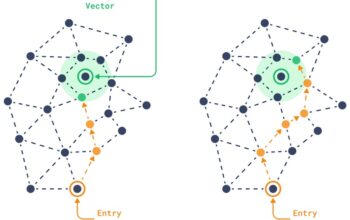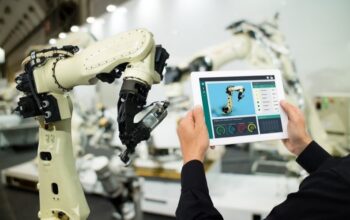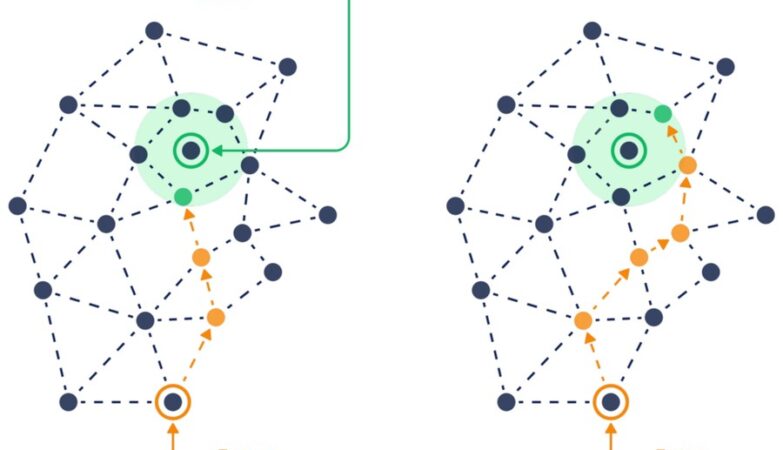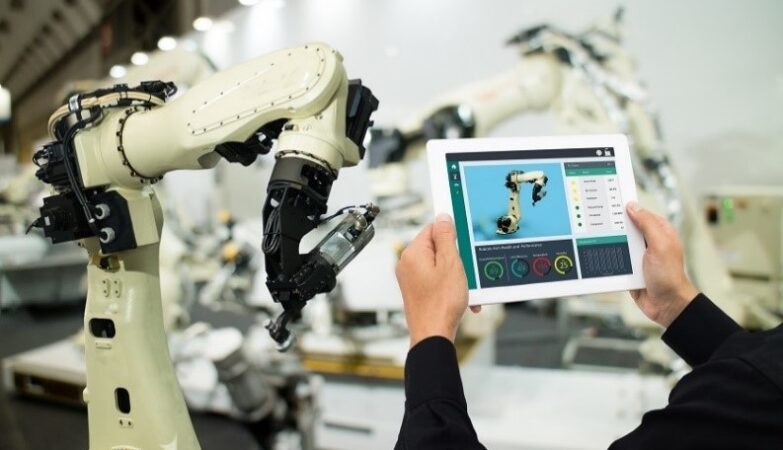In the era of digital acceleration, data engineering services are no longer optional—they are essential. As businesses in 2025 rely more on AI, automation, and real-time analytics, the need for robust data pipelines, clean data, and scalable infrastructure has never been greater.
From FinTech to eCommerce, healthcare to logistics, companies are sitting on mountains of data. But raw data is useless without proper engineering. That’s where modern data engineering services come into play—ensuring that data is collected, transformed, stored, and made available for advanced analytics and machine learning applications.
What Are Data Engineering Services?
Data engineering services involve designing and managing systems that allow data to flow smoothly from multiple sources to various destinations, such as data warehouses, dashboards, or machine learning models. These services include:
- Data pipeline development
- Data lake and warehouse architecture
- ETL/ELT process automation
- Real-time data streaming
- Data quality and governance solutions
Enabling AI, ML, and BI at Scale
AI and ML models are only as good as the data they consume. Without reliable pipelines and clean, structured data, even the most advanced algorithms will fail. Businesses are turning to specialized data engineering services to support their AI/ML workflows— ensuring real-time data ingestion, scalable processing, and seamless integration with model training platforms.
Likewise, business intelligence (BI) tools need access to unified, trustworthy data to deliver accurate insights. Data engineers bridge that gap by creating unified data layers across cloud and hybrid environments.
Cloud-Native and Real-Time Ready
In 2025, cloud-native data stacks using platforms like Snowflake, Databricks, and Google BigQuery are becoming the standard. With the explosion of IoT devices and event-driven systems, real-time streaming tools like Apache Kafka and Apache Flink are also being widely adopted. Skilled data engineering teams are helping companies adopt and scale these tools efficiently.
Future-Proofing with DataOps
Modern data engineering services also emphasize DataOps—an agile approach to managing data workflows. This includes CI/CD pipelines for data, automated testing, monitoring, and alerting—ensuring your data systems are resilient, secure, and always ready for change.
Conclusion
In 2025, data is not just a byproduct—it’s a core asset. Companies that invest in expert data engineering services are gaining a competitive edge through faster decisions, smarter products, and scalable digital ecosystems.








